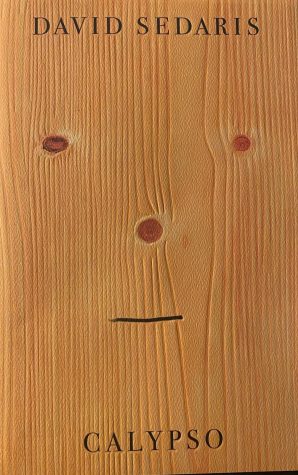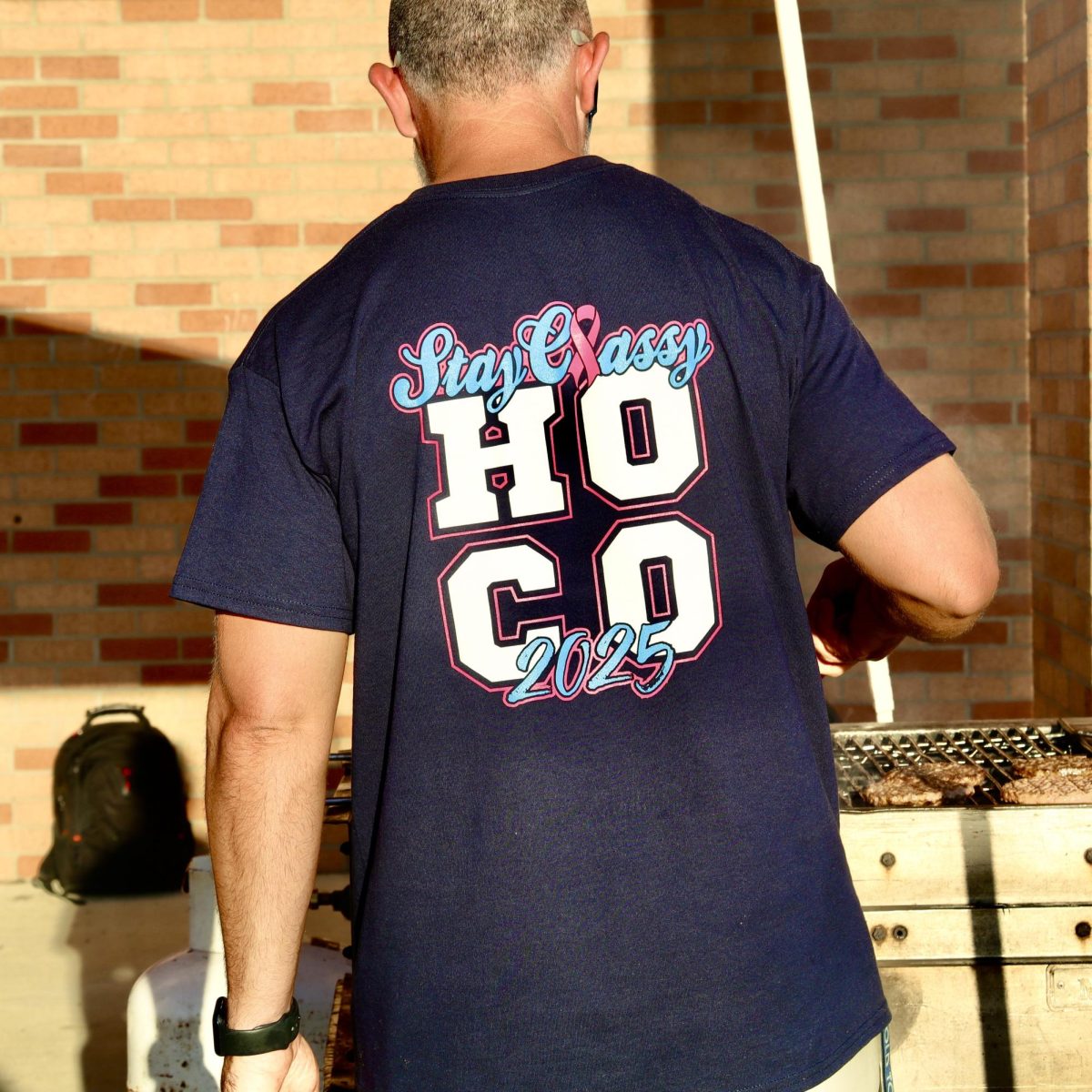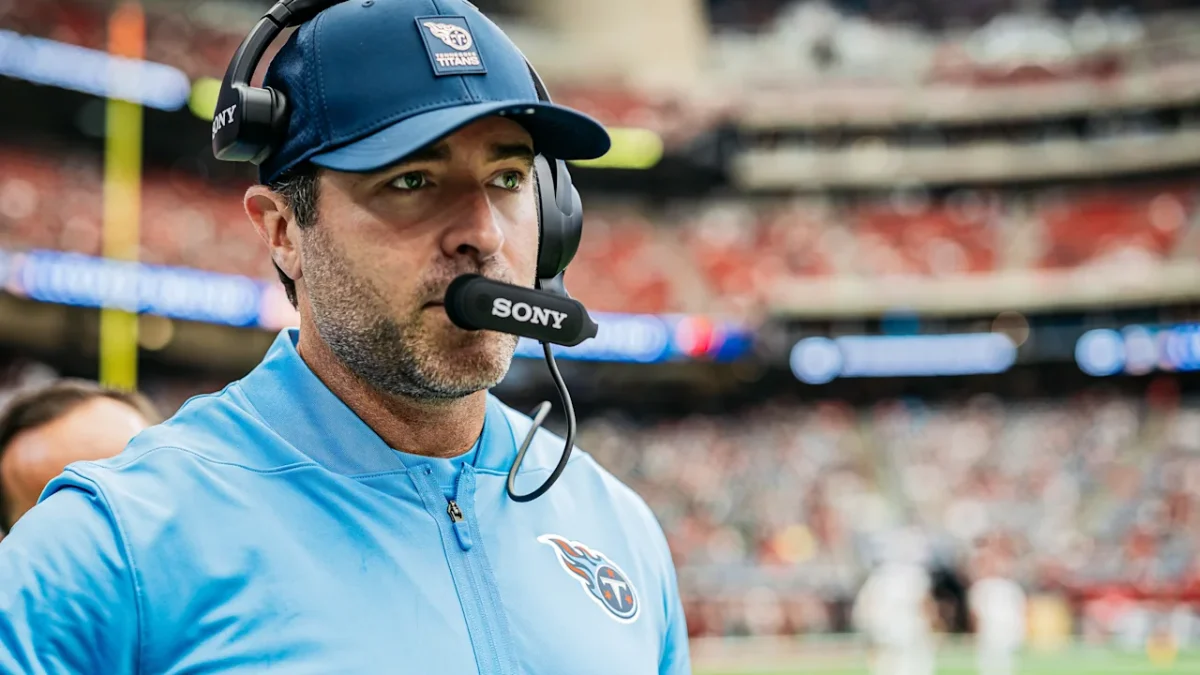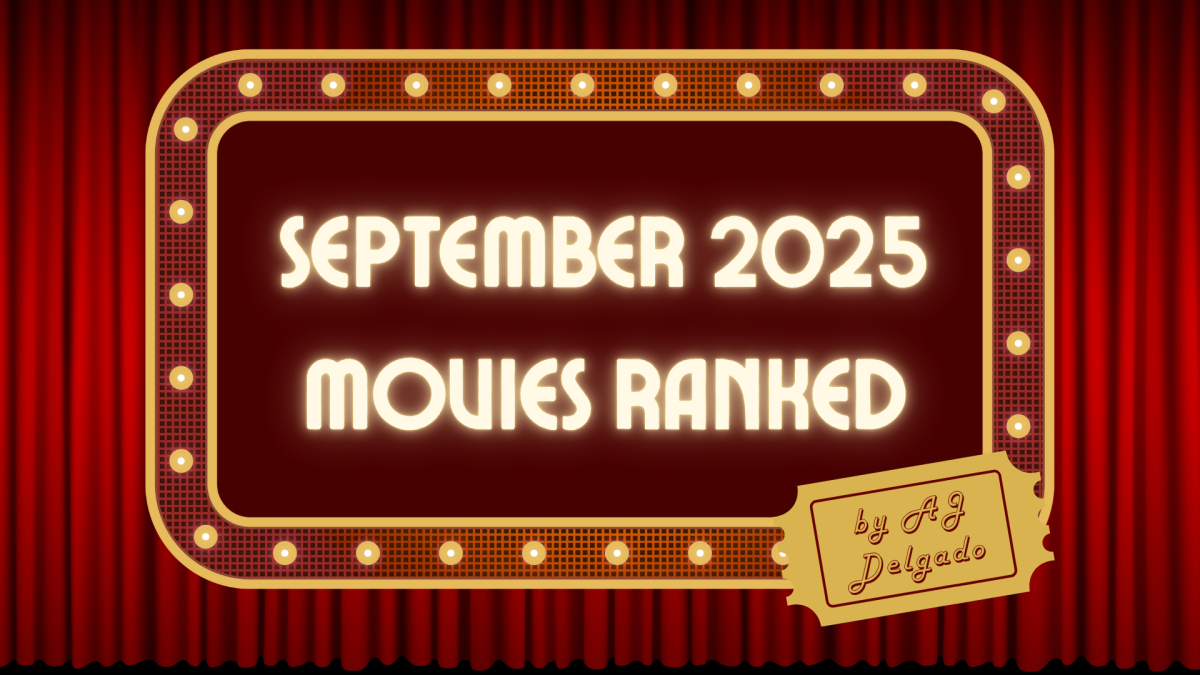Reed Books: Calypso
September 24, 2021
Calypso is the ninth set of comedic short story collections by David Sedaris, one of the few comics who genuinely benefits from the written format as opposed to stand-up or film, due to the narrative setup of his “acts”, or short stories. He doesn’t write how he speaks; rather, he writes how he wants to speak. The vignettes pleasantly surprised me by not being a transcribed spoken comedy act, but rather a separate art, with value of its own.
The most impressive part of these stories is Sedaris’s skills in subtlety, particularly in embedding the funniest parts of his narratives with the saddest. He often uses the suicide of his sister, Tiffany, to do so. He explains how if he were to kill himself he would “mess with people,” and makes fun of himself for thinking of suicide like this. Then, suddenly, it circles back to the particularly cruel way his sister killed herself – suffocated with a plastic bag – with Sedaris writing, “…the thing a person reaches for after their first attempt at an overdose fails and they wake up sick a day later thinking, I can’t even kill myself right.”
The jump between topics is nonexistent, but the tone shift is immense. However, while he avoids the trap of sudden, forced sadness in this instance, this is not always the case. While the sadness may exist in the real story, it isn’t always necessary or conducive to Sedaris’s retelling and can feel like a desperate grab for depth in the eleventh hour, as he often uses the last sentence or two of the chapter to implement this angst.
Fortunately, Sedaris’s talent for written sarcasm often saves an awkward or depressing story from itself. His hybrid self-deprecating and self-aggrandizing deadpan is just the right level of self-aware and playful. Catching these phrases can feel like finding Easter eggs, little rewards for reading so closely.
He’s also incredible at balancing two (or more) plots without it being obvious, switching between the two with the reader hardly noticing, another example of his subtlety at work. He squeezes in an anecdote about his sister’s sleep-eating into a story about a family visit and his fear of aging, allowing him to capitalize on the comedic value of both without it feeling forced or clunky.
Still, there’s a certain feeling of guilt inherent in reading Sedaris’s work that plagues the otherwise amazing storytelling. He often mentions how his family doesn’t want him to share all that he does about them, then mocks himself for doing so anyway. This externalizes the reader, and can make them feel like a voyeur, spying in on something not meant for their eyes. Sedaris needs to decide whether he wants an audience or not and to stop blaming the audience for paying attention when he commands them to.
Overall, however, Calypso is all about the art of subtlety, rather that be in natural depth or sadness, balancing subplots, or Easter egg sarcasm. His work is charming and clever, and definitely a collection worth reading.















































